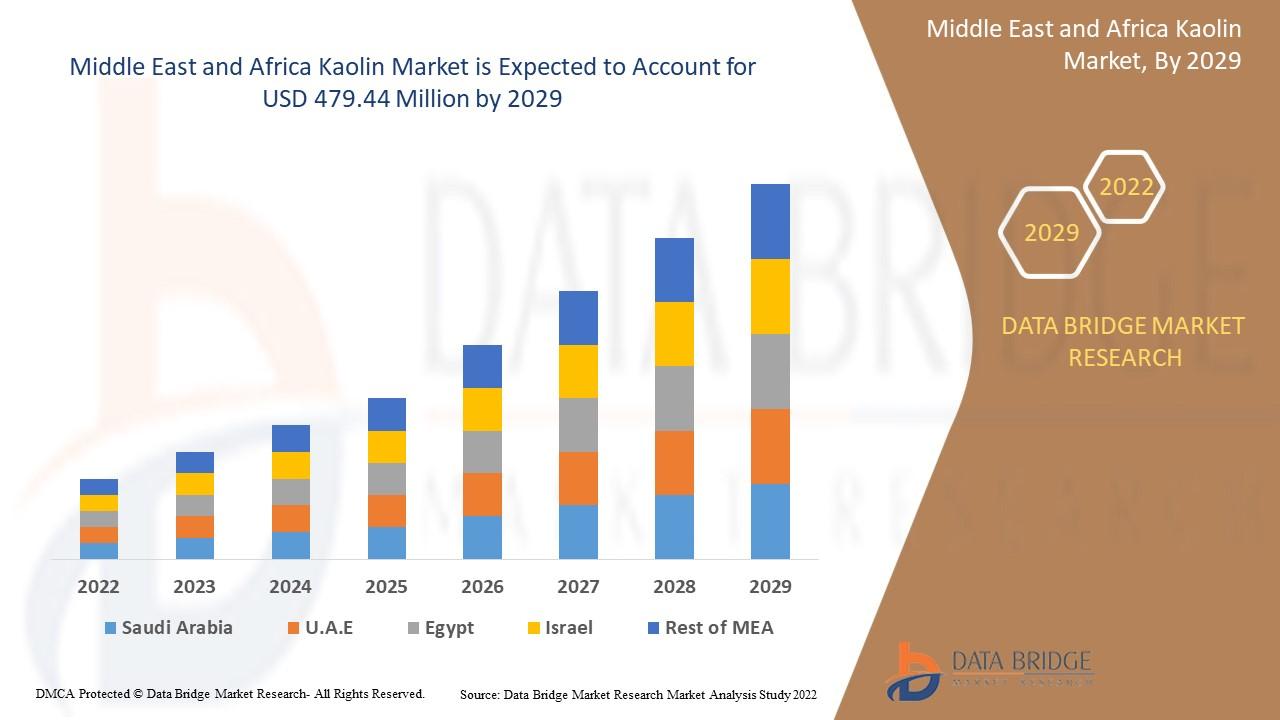Avoiding Compliance Pitfalls: Why Professional Bookkeeping & Payroll Specialists Are Key to Staying ATO-Ready

Running a business in Australia brings many rewards, but it also comes with ongoing responsibilities. Among the most critical are bookkeeping and payroll, areas that may cause significant issues if not managed properly. Compliance with Australian Tax Office (ATO) requirements is not optional, and mistakes may lead to penalties, unnecessary stress, and even reputational damage. This is where professional bookkeeping & payroll specialists play a vital role, helping businesses remain compliant while focusing on growth.
The Growing Compliance Burden for Australian Businesses
The modern regulatory landscape is complex. Business owners are required to handle obligations such as:
-
BAS and GST reporting
-
PAYG withholding
-
Superannuation contributions
-
Fair Work standards for employee entitlements
Each of these obligations is subject to frequent legislative updates, and failing to keep up may create costly compliance gaps. For example, late BAS submissions may result in fines, while miscalculating employee superannuation may expose employers to both penalties and reputational risk.
Compliance, while necessary, also consumes valuable time and resources. According to studies, small businesses in Australia spend dozens of hours every month managing compliance-related tasks. This creates an ongoing challenge: balancing day-to-day operations with staying across financial obligations. For further context on how compliance impacts growth, the article The Role of Taxation in Business Growth provides an insightful perspective.
Common Payroll and Bookkeeping Mistakes That Lead to Penalties
It only takes small errors to trigger significant consequences. Some of the most common mistakes businesses make include:
-
Submitting late PAYG or BAS statements, leading to ATO penalties.
-
Failing to make timely superannuation contributions, which may attract both fines and employee dissatisfaction.
-
Misclassifying workers as contractors when they should be employees, creating compliance risks.
-
Poor record keeping, making it difficult to substantiate claims or prepare for audits.
These pitfalls are common because many small business owners try to manage payroll and bookkeeping themselves. Without the right expertise, the chances of mistakes increase significantly. Articles such as Top Business Challenges and Their Solutions also identify compliance as a recurring issue for business operators.
How Professional Bookkeeping & Payroll Specialists Keep Businesses ATO-Ready
This is where outsourcing makes a difference. Professional bookkeeping & payroll specialists have the skills, systems, and up-to-date knowledge to ensure businesses remain compliant. Their work typically includes:
-
Accurate data management – ensuring records are reconciled and error-free.
-
Staying ahead of legislative updates – applying changes promptly to payroll and reporting.
-
Ensuring Fair Work compliance – making sure employee wages, entitlements, and superannuation are processed correctly.
-
Efficient reporting – handling BAS preparation and other reporting obligations on time.
For business owners who want confidence that their finances are accurate and compliant, Trust Equal Books for Bookkeeping & Payroll Services. With professional oversight, businesses gain peace of mind while focusing on growth.
The Strategic Advantages of Outsourcing Compliance
Engaging specialists is not just about avoiding penalties; it also creates strategic advantages:
-
Time savings – business owners can concentrate on customers, sales, and strategy rather than bookkeeping.
-
Reduced stress – professional oversight means fewer compliance worries and smoother audits.
-
Financial clarity – accurate books provide insights that help guide decision-making.
-
Scalability – as the business grows, specialists manage increasingly complex payroll and compliance needs.
Outsourcing also aligns with broader strategies. As highlighted in Why Outsourcing is a Smart Business Strategy, delegating critical functions to specialists often results in cost efficiency and higher productivity.
Real-World Example: The Cost of Non-Compliance
Consider a small construction business that struggled with payroll obligations. Due to incorrect superannuation calculations and late BAS lodgements, they incurred thousands of dollars in fines over a two-year period. Once they engaged bookkeeping and payroll specialists, not only were the errors corrected, but they also received proactive reporting to stay ahead of compliance. The cost of the service was far less than the penalties they had previously faced.
This type of example illustrates the hidden risks of “DIY bookkeeping.” What seems like a cost-saving measure may actually create larger financial and reputational risks.
Preparing for the Future: Compliance in the Digital Era
The role of technology in bookkeeping and payroll is growing rapidly. Cloud-based accounting systems, automation, and AI-driven tools make data entry and reporting faster and more accurate. However, technology alone is not enough.
Professional bookkeeping & payroll specialists provide the critical human oversight needed to interpret data, apply legislation changes, and ensure compliance is maintained. They bridge the gap between digital efficiency and the complex human knowledge required to remain ATO-ready.
The broader context of how technology is shaping compliance is also discussed in The Impact of AI on Business Growth. For business owners, this demonstrates that technology must complement — not replace — professional expertise.
Conclusion – Building a Compliance-Safe Business
Compliance is not something businesses may afford to take lightly. From PAYG to superannuation, every obligation must be met accurately and on time. By working with professional bookkeeping & payroll specialists, business owners may avoid costly pitfalls, reduce stress, and gain the confidence to focus on growth. The future of business lies in combining digital efficiency with human expertise — a partnership that ensures long-term compliance and financial health.








